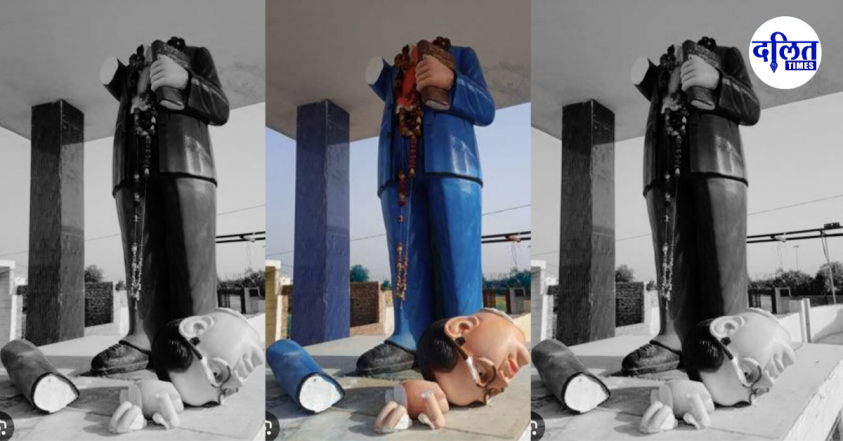The recently concluded Lok Sabha election revealed a surprising defeat for the BJP in the constituency that encompasses Ayodhya and the Ram Mandir, which everyone thought would be an easy win.
Story: Avan Kulshreshtha
Edit: Nitya Kaimal
With the construction and inauguration of the Ram Mandir in January 2024, ahead of the Lok Sabha elections, the BJP was confident of winning the majority of seats in the state, especially Faizabad which includes Ayodhya. However, in a significant political shift, Awadhesh Prasad of the SP triumphed over the sitting BJP candidate Lallu Singh in this prominent constituency.
Prasad, a member of the Dalit community, embarked on his political journey at 21. When the Samajwadi Party was established in 1992, he was appointed to the central parliamentary board. Since then, he has primarily served as an organisational figure within the party.
Also read: Why did Dalits not vote for BJP ?
BJP leaders have openly expressed their disappointment in the election results, highlighting their surprise at the significant backing received by a Dalit leader in what they regarded as their stronghold. They pointed to their considerable efforts in the construction of the Ram Mandir as a key campaign promise, which they believed would secure their victory in the constituency.
A contributing factor to the BJP’s loss in the state could probably be the demolition of the many houses of the economically weaker section of citizens to make way for the Ram Mandir complex. This action was protested against by many organisations, targeting the BJP for mismanagement and apathy to fulfil their political purposes.
With slogans like “abki baar 400 paar” and “jo Ram ko lae hain hum unhe laenge,” BJP was confident of locking a majority. Despite these efforts, the BJP’s assumption that the temple’s construction would ensure electoral victory did not hold in Ayodhya. These Lok Sabha election results came as a shock and made the tables turn.
Also read: Ten years and ten seats down: What happened to BJPs pattern of unanimous victories in Rajasthan ?
Sadhu sants of the country are also holding a grudge against the party, dissatisfied because of unfulfilled expectations and alleged neglect towards them by the party. Additionally, the Rashtriya Swayamsevak Sangh (RSS), the ideological parent of the BJP, has raised questions about the party’s functioning and strategy. The RSS’s concerns highlight internal disagreements and the need for the BJP to reassess its approach to connecting with grassroots supporters. RSS leader, Indresh Kumar stated “The arrogant ones were stopped from crossing 241,” a clear reference to BJP not being able to get more than 241 seats in the elections.
Despite their confidence in winning a majority by leveraging the construction of the Ram Mandir, the BJP was taken by surprise with Awadhesh Prasad of the SP garnering unexpected support in Ayodhya. This has prompted the party to reevaluate its strategy. The dissatisfaction among key supporters, such as the sadhu sants, and internal discontent from the RSS, highlight the urgent need for the BJP to reconnect with its grassroots base and address internal grievances. Looking ahead, the party must manage these internal and external challenges to regain its political footing and effectively engage with its diverse voter base.



